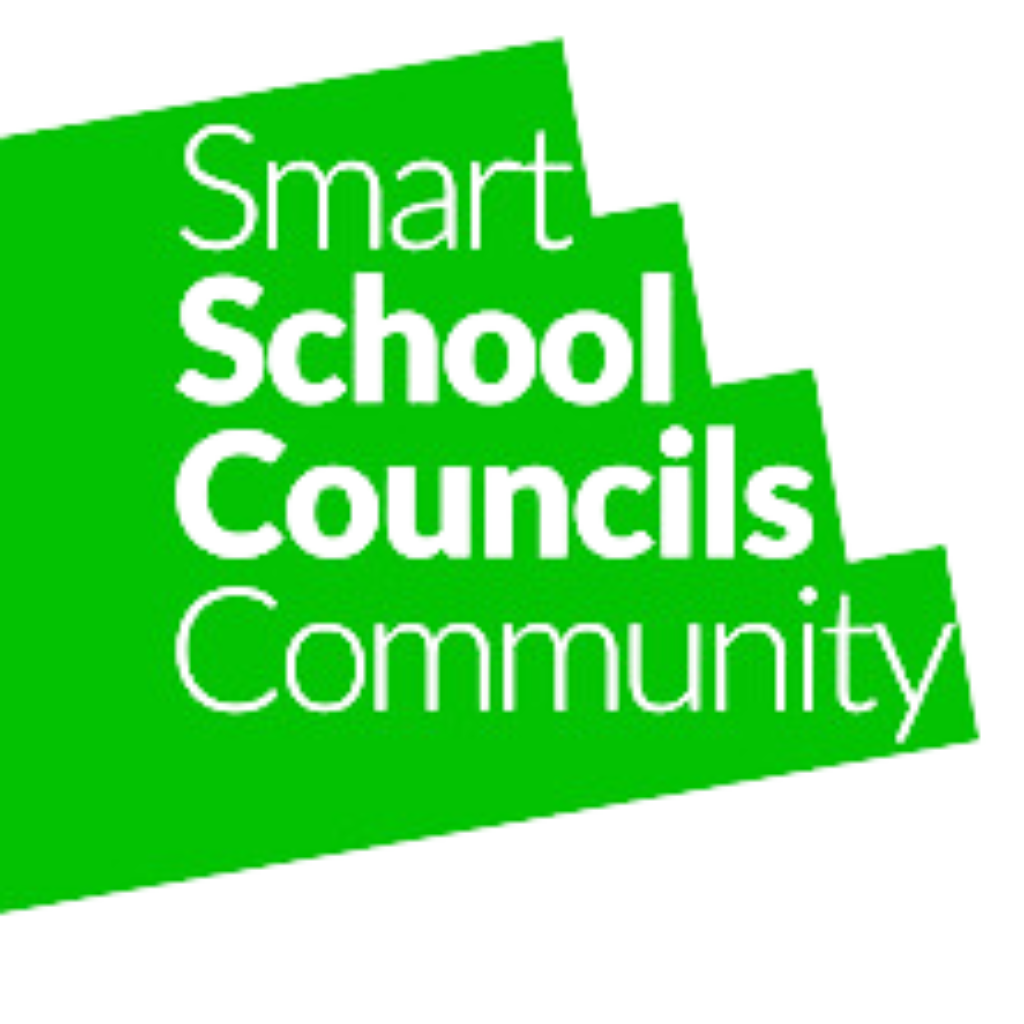Should We Stop Doing School Councils? An Unlikely Solution to Reducing Inequality
In our recent co-branded event with the Institute of Education, featuring Professor Jan Germen Janmaat, we delved deep into the subject of political socialization. We at Smart School Councils, a charity committed to creating fairer and more inclusive methods for pupil voice and representation, find this topic both relevant and pressing, so we’re happy to share.
Context and Relevance
The event served as an enriching backdrop to explore one of the most pertinent issues we face: the role of school councils in fostering civic learning opportunities (CLOs). As we share findings from Isabel Kempner's thought-provoking book, 'School Councils - Democratic Forums or Exclusive Clubs?', we were encouraged to think: "Is it time to rethink how school councils work?"
Possible Implications for Policy and Practice
School councils play a significant role in nurturing civic learning opportunities. These platforms can offer pupils a glimpse into governance, decision-making, and social responsibility. However, as Isabel highlights, the opportunities are often skewed in favour of pupils from socially advantaged backgrounds.
As Jan puts it ‘will these opportunities always be taken up by more middle class children?’
So, what can be done to reduce this social gap? He came up with a few ideas.
Abandon School Councils Altogether?
This is a provocative yet valid question. If these councils continually cater only to the middle and upper classes, should they exist at all? It’s a sceptical solution though, let’s be clear.The Role of Teachers to create fairer systems
Teachers have a pivotal role in creating a more equitable system. Strategies like speech quotas during classroom discussions or a rotating system in school councils could give every student an equal chance to engage and be heard. But how much time do they take?Or should we just involve everyone?
Making participation expliciting involve everyone is our favoured approach. We went to help every child in a school to take part, as is their democratic right.
The insights from our event and Isabel Kempner's book ask us to pause and reflect. If we are committed to achieving a socially-just education system, then the reformation of school councils can't be an afterthought.
These forums, intended to empower our youth, must include all voices, not just the loudest or most privileged.
Smart School Councils, a charity devoted to establishing an inclusive approach to pupil voice, invites you to join this vital conversation. Your thoughts and opinions can help shape a more equitable future for all students.
Stay tuned for more insights as we continue to explore the complexities of pupil voice and school councils.
